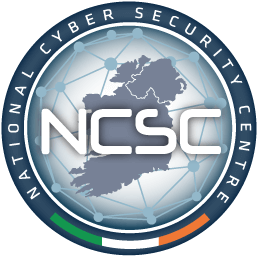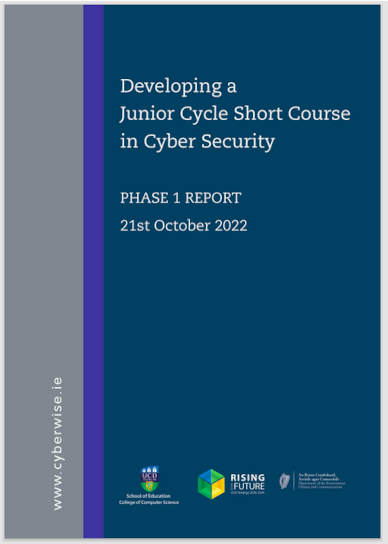National Cyber Security Strategy
The current National Cyber Security Strategy was published in December 2019, and follows on from the country's first Strategy which was published in 2015. It is a broader and more comprehensive document than the last one, and takes advantage of the operational experience gained by the National Cyber Security Centre from 2015 to 2019, and from ongoing national and international engagements in the area.
The vision behind the 2019 Strategy is to allow Ireland to continue to safely enjoy the benefits of the digital revolution and to play a full part in shaping the future of the Internet. This vision will be achieved through:
- The Protection of the State, its people, and its critical national infrastructure from threats in the cyber security realm.
- The Development of the capacity of the State, of research institutions, of businesses and of the people, to both better understand and manage the nature of the challenges we face in this space.
- The Engagement by the State, nationally and internationally, in a strategic manner, supporting a free, open, peaceful and secure cyber space.
The objectives of the Strategy are:
- To continue to improve the ability of the State to respond to and manage cyber security incidents, including those with a national security component.
- To identify and protect critical national infrastructure by increasing its resilience to cyber-attack and by ensuring that operators of essential services have appropriate incident response plans in place to reduce and manage any disruption to services.
- To improve the resilience and security of public sector IT systems to better protect services that our people rely upon, and their data.
- To invest in educational initiatives to prepare the workforce for advanced IT and cybersecurity careers.
- To raise awareness of the responsibilities of businesses around securing their networks, devices and information and to drive research and development in cyber security in Ireland, including by facilitating investment in new technology.
- To continue to engage with international partners and international organisations to ensure that cyber space remains open, secure, unitary and free and able to facilitate economic and social development.
- To increase the general level of skills and awareness among private individuals around basic cyber hygiene practices and to support them in this by means of information and training.
A Public Consultation process was undertaken in the first half of 2019 in order to inform the Strategy and ensure that awareness and best practice in cyber security and cyber hygiene were at the core of the Strategy formulation process. The public consultation process was designed to elicit the views of the general public and also the views of those with an interest in the subject, such as specialists in the field of Cyber Security.
The Public Consultation Document was published on the Department's website and the consultation process concluded on 1st May 2019. The responses to the consultation process were analysed and collated and have informed the revised Strategy.
Junior Cycle Short Course
Measure 12 of the Strategy outlines that the 'government will continue to ensure that second and third level training in computer science and cyber security is developed and deployed' and commits to supporting the development of a Junior Cycle short course in cyber security.
The Junior Cycle Short Course was developed by a working group comprised representatives from the Computers in Education Society of Ireland (CESI), the National Council for Curriculum and Assessment, Cyber Ireland, the National Cyber Security Centre and a project implementation team from University College Dublin.
The interim report 'Developing a Junior Cycle Short Course in Cyber Security' outlines the background to the development of the working group and the implementation team, resourcing to date, details of the short course development and associated activities, information about participating schools, the development of web-based resource materials https://cyberwise.ie and the key recommendations.

